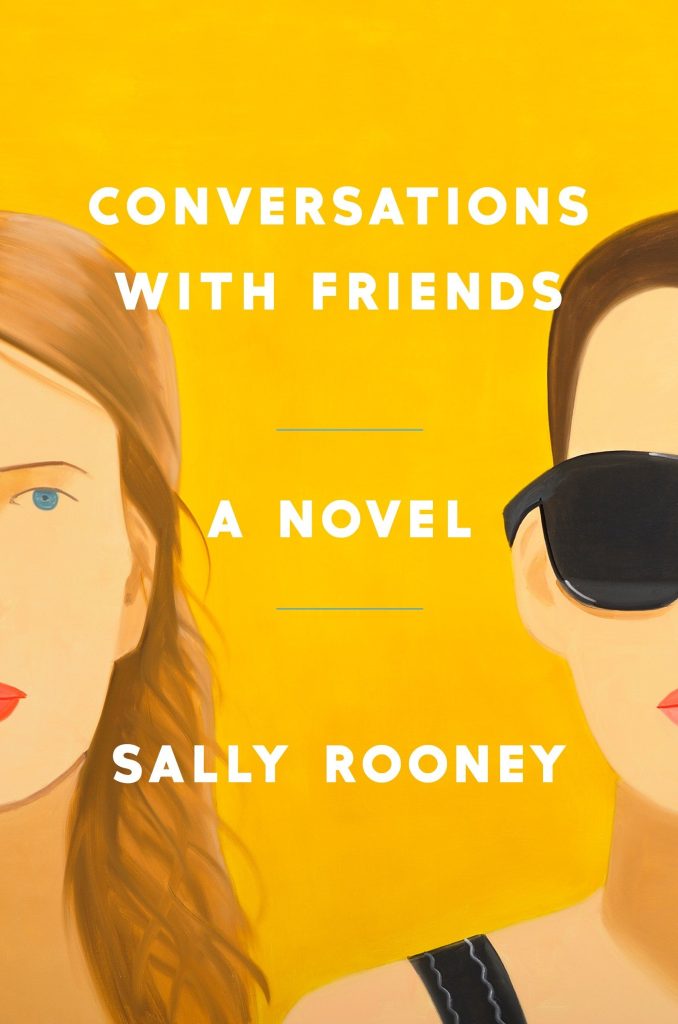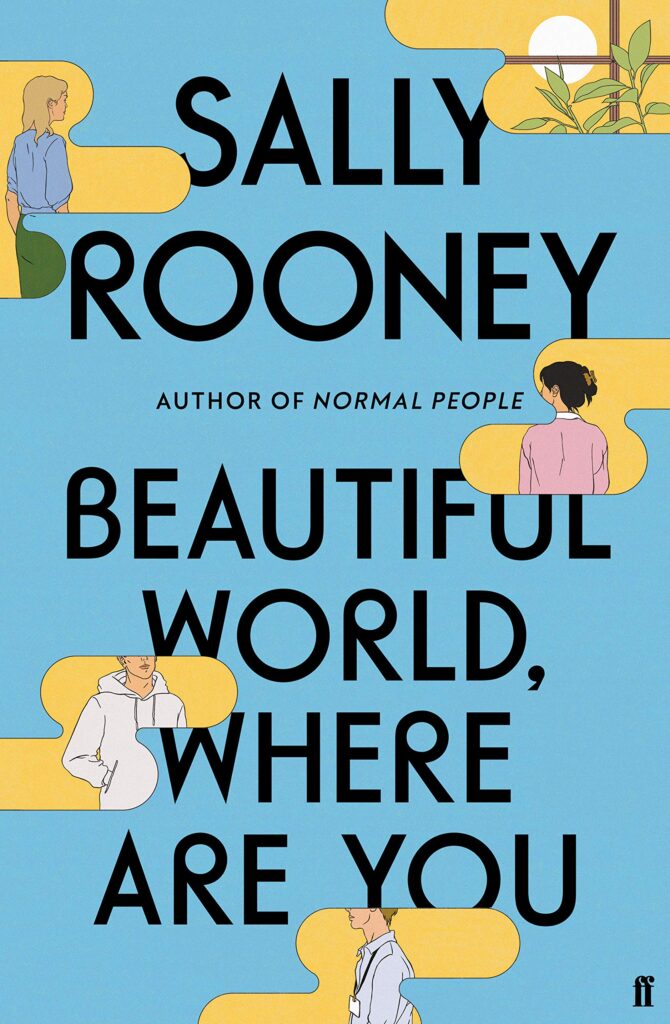On May 15, Prime Video released Conversations with Friends, the latest Hulu/BBC television adaptation of Irish author Sally Rooney’s work. Based on the novel of the same name, Conversations with Friends is saddled sophomore syndrome (despite having been published first); when Normal People was released shortly after the first lockdown in 2020, it found an immediate audience in those of us (read: everyone) trapped inside with little else to do but stream series after series (after series). It was a fortuitous combination of right place and right time. Following the lives of students Marianne and Connell in Sligo and Dublin, the show’s low-key, meditative ambience made for gentle watching, while the depiction of ordinary city life allowed viewers to channel our yearning for what, only a month prior, we had taken for granted as normal—with no return date in sight. Conversations with Friends, therefore, has the unenviable role of following a surprise hit. So, does it fill those big shoes? Unfortunately (perhaps predictably), no.
I will confess, when BBC first announced their plan to adapt Normal People for the small screen, I was skeptical. I’m not someone who believes that the book is always better (some things just work better on the screen), but I just couldn’t envision Rooney’s sparse, methodical prose translated in any sort of visually compelling way. I will happily admit to being proven wrong—dramatically so! What the show does with Rooney’s work truly deserves the old cliché “bringing the novel to life”. Though all of Rooney’s characters are flawed and well-rounded, there is a deliberate lack of emotionality in her writing that the show makes up for. Take, for example, the scene where Connell goes to therapy. In the book, the narration transcribes the situation from an impassive distance, and we only find out Connell is crying at the end of the passage. Now contrast that with the show’s interpretation, where we watch intimately as Connell breaks down in real time.
But where Normal People gains something from its adaptation, Conversations with Friends loses something. The novel is a highly interior account of a friendship and an affair from main character Frances’s (another Dublin student) perspective. It’s not so much about what happens as it is about how she digests and responds to things internally. The show adopts the sombre, pensive atmosphere of Normal People, but it doesn’t really work here. Frances is not an outwardly emotive person, and neither is Nick, her love interest (he is astutely called “pathologically passive” by his much more interesting wife). What we end up with is silence. And silence. And more silence. It takes until the halfway point for Nick to do more than just grunt “yeah” in a hoarse whisper. At one point, Frances’s best friend and ex-girlfriend Bobbi says to her, “You know how your whole silent thing makes everyone think you’re enigmatic and interesting?” It’s just…not true. It’s frustrating! And it makes her seem bland.
But let’s get down to brass tacks: the most glaring difference between the two shows—the make-or-break quality—is the chemistry between the leads. I’m like a broken record about this, but it is so. Important. You can sell me on anything if the chemistry is good! Are Ross and Rachel good for each other? Not really, but you can’t deny that spark between them. Imagine the new season of Bridgerton if the leads didn’t sizzle every time they looked at each other? What a snooze. The electric chemistry between Connell and Marianne is the entire throughline of Normal People, and it would not work in the slightest without it. And try as Alison Oliver (Frances) and Joe Alwyn (Nick) might, they just do not have it. As their characters embark on an affair, the show needs the audience to believe that these two are so into each other that Nick is willing to risk his marriage. As it is, their affair is mostly just annoying.
All that being said, I think a Beautiful World, Where Are You adaptation could work. This latest novel has all the trademarks of the Rooneyverse: a preoccupation with loneliness and connection, a heavy reliance on email correspondence, sojourns in a hot climate, and long paragraphs devoted to the ills of capitalism. But it’s also Rooney’s most mature book—not surprising, since she is now in her 30s—and probably the most suited to the TV treatment (I can just see Alice’s gorgeous country house now). Less interior than Conversations with Friends, the plot (such as it is) can stand on its own outside of Alice and Eileen’s email exchanges. And nor is it as emotionally detached as Normal People. I just beg the team not to greenlight the project until we can get Saoirse Ronan on lock as Alice!

